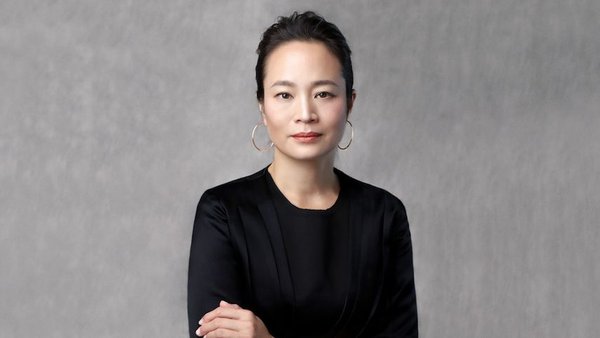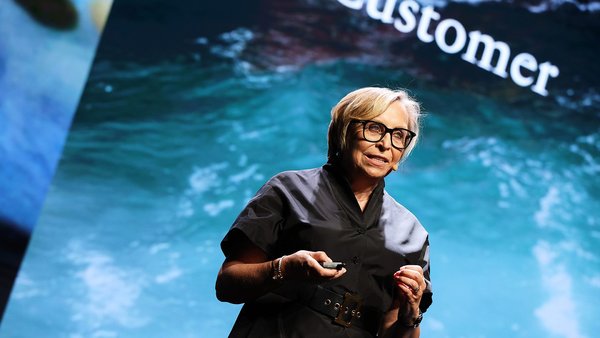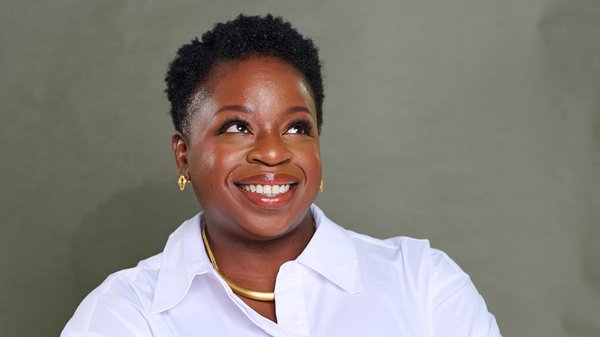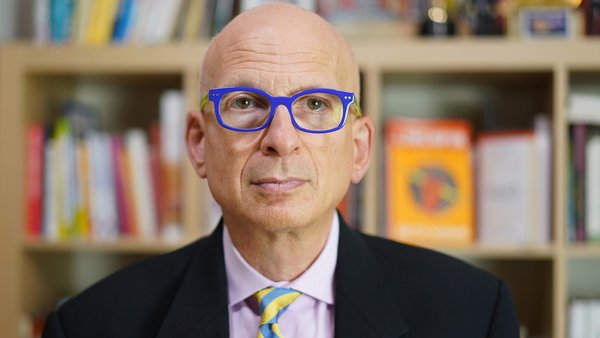Cannes Interview: Debbi Vandeven, Entertainment jury president /
We speak to the Entertainment jury president to find out why a content series about WWII won the Grand Prix

Last week, Amsterdam agency N=5 won the Entertainment Grand Prix at the Cannes Lions International Festival for Creativity for the Evert_45 campaign it created for Dutch telco KPN. The content series told the story of a boy living during WWII in a much more contemporary format - think YouTube vlogs and Instagram Stories - to encourage kids to learn about the historical event.
The Entertainment category is a beast. From gaming to sports to emotional causes, the entries are incredibly varied. Jury president and global chief creative officer at VML, Debbi Vandeven, told Contagious that Nike's Breaking2 and Montefiore's Corazón campaign (a short, emotional film created to encourage organ donation), were in the running for the top prize, too. Quite a diverse mix.
We spoke to Vandeven to find out how the jury narrowed down their options, and what about Evert_45 pushed it into the Grand Prix spot.
How did you and the jury define the Entertainment category?
Well, it's not the easiest category to define. We were definitely looking for work that found its way into culture, or shaped culture. Then we talked about what we wanted from the work, and we wanted brands to be relevant in the work. We found some that were much more relevant to the brand, and then some that were not as relevant, but the content was still really great.
Even with the Grand Prix, there's some question over how relevant KPN was to that campaign. But we read through all their write ups for it and the campaign resulted in a 24% brand lift and a positive association with that brand because they did the work.
The last thing we were looking for was brands that would take a leap with their agencies. Brands that were willing to jump into this space, because it's not the easiest thing to do when you're used to a 30-second format for an ad. It’s about taking that and making it a lot more entertaining than just pushing a product or a service. So, we feel like we have a good selection overall.
What characteristics of the KPN campaign made you want to give it the Grand Prix?
When we talked about the piece, there were two things. When you started watching the film, the very first film, we all thought: ‘Okay, there’s a strange kid living in what feels like real life today’. He’s having an argument with his brother, so you’re already into what he’s doing. And then we all figured out that this was 1945. So, to be able to take a really important subject and get a new generation to hear those stories by making it more entertaining for kids, rather than making it scary.
If any kids right now were suddenly in a war zone and were using social media, you’d have stories very similar to this. So we thought it was really smart to take something that serious that put it into a format that kids can relate to today. It’s very different from a book or an article, or something their grandparents were telling them.
Second, they just used every medium. It wasn’t just the YouTube videos, it wasn’t just the Instagramming that the kid did. It was the whole story. The content by itself was really good. I liked it so much, when I first did the prejudging I copied the link and sent it to some of my ECDs and said: ‘Check this out, because the way they created this piece of content is really interesting.’
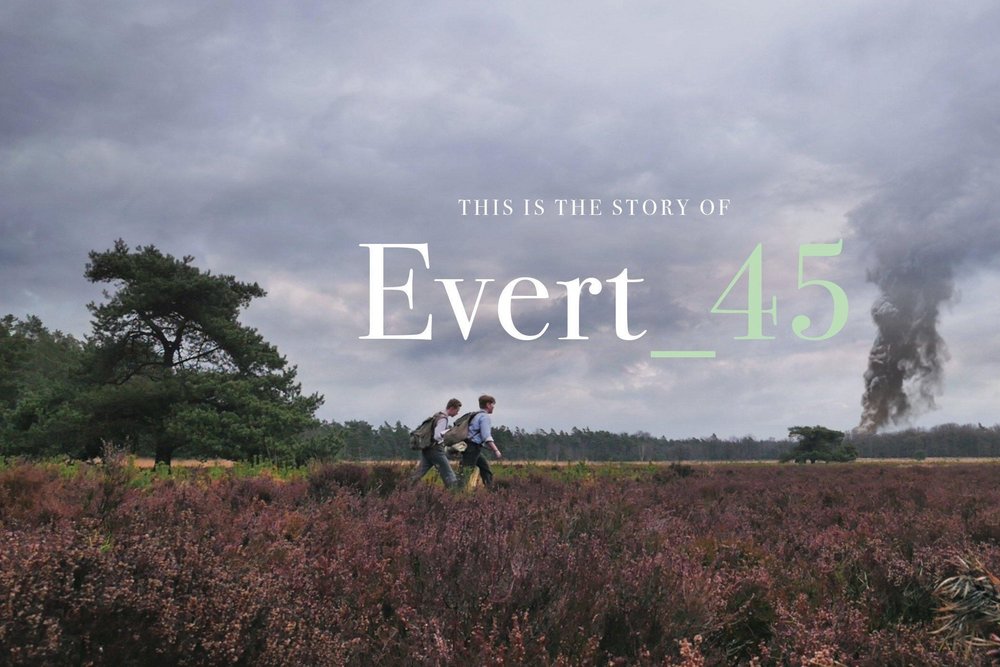
Why do you think the Entertainment category is relevant now?
It’s more relevant because brands are trying to figure out how to connect with consumers in a different way. You get pushed content all the time. We are literally in an on-demand society at this point. When you think about everything you do it's on-demand; you can order food on-demand, watch TV on-demand. We have a million different apps that we use for everything.
If you look at a world where you can pretty much do anything at any time, you have to look at content the same way. You can binge watch shows, and you can do anything based on your schedule, so brands have to find a way into that area. Not necessarily with an ad – if it’s a 30-second ad then you’d skip it if you could, so that’s why it’s really important for brands to figure out how to enter this space authentically.
Yes, and there’s so much competition now. Across all the winners lists we’ve seen campaigns from consultancies, production companies – even Jay-Z won a Grand Prix in the Entertainment for Music category for his music video, so brands have got to compete with musicians, too.
Exactly, you nailed it. There’s stuff from Google, broadcasters, everybody’s in the same area. So there isn’t a certain set of competition now. Sometimes the industry can be really fun, but there are a million decisions you could make. But as long as agencies are partnered with their brands and have the same set of goals they’ll figure it out. If you’re too stuck in your ways though, you won’t. You can’t change what’s happening, so it’ll be really difficult for you if you try.
It's messy. When people ask us who our competition is, I'm like: ‘Well everyone is the competition.’ Even media partners that we're working with, in certain situations, Facebook, Instagram, they become your competition, too. It's just messy. We find directors that are producing all their own content and going direct to clients, and production houses are going direct to clients. It's all over the place right now. It's going to be fun for the next 24 months.
It'll settle down eventually. I don't mean stop, I mean get us to one point, and then start evolving again.
Want more of the same? /
We don’t just write about best-in-class campaigns, interviews and trends. Our Members also receive access to briefings, online training, webinars, live events and much more.
